Helpful Nutrition - no BS
Helpful Nutrition for Cancer & Tumours:
Over the past year, I’ve found it very difficult to find genuine and helpful nutrition tips without reading that I have to completely change both my diet and lifestyle.
Some people preach that a miracle cure lies within a particular diet, but most of these have very strict rules with limited food groups to adhere to- which makes for a very restrictive life. I simply don't want this. Some of you will recognise the titles: Ketogenic, Alkaline, Juicing etc…these have their short term benefits and can definitely aid weight loss but isn’t having cancer already hard enough?
What happened to just eating healthily and doing the best you can? So me days the basic tasks can seem impossible so doing a weeks’ worth of food prep or going out to the shop for fresh veg is simply not going to happen.
I’ve tried a lot of these diets for a few weeks at a time and quite frankly they really lower my quality of life.
Some days the best thing you can do for yourself is nibble on that chocolate bar because my goodness you deserve it!
Basic Healthy Nutrition Advice:
As a medical practitioner myself I know that by taking up a fad diet, you are then compromising on your mental wellbeing through self induced pressure & stress to adhere to its rules and timings. Not only can this be physiologically unhealthy but it is especially bad for those of us with tumours and cancers. It could also turn you into a total monster to be around. I actually find I can become obsessive over calorie counting which in itself is so unhealthy- especially as I only weigh 65kg.
Let me tell you, that beyond everything else your state-of-mind and stress levels play a much more important factor on your cancer or tumours than a restrictive or "fad” diet ever will. So if a diet is making you mentally unhappy, then please ask yourself if it's worth the stress.
I’ve worked with Nutritionist Pennie Varvarides (@superpennie on Instagram)
Pennie Varvarides is an evidence-based nutritionist specialising in health and performance, as well as a strength and conditioning coach based in London. Pennie knows how easy it is to fall for the lies that come with diet culture, so works hard to help bust the myths that bind us to help devise this list for you. It’s simple, it’s factual and you don’t have to do 12 minutes of HIIT per day.
1: Stay hydrated to fight fatigue: here’s one thing we’re all terrible at. Did you know that a glass of milk contains more hydrating properties than a glass of water? In order to achieve full body hydration our cells don’t just need water content but also electrolytes such as potassium and sodium. A helpful tip: remember to put a small amount of salt in your meals to prevent dehydration, especially if you’re experiencing vomiting after chemotherapy. I know most of you won’t fancy a glass of milk to rehydrate so a glass of Diet Coke will also get those electrolytes back into you- no joke!
2: Foods that improve immunity: Foods that contain Omega 3 are great for the immune system, these include; oily fish and olive oil. Also beneficial are foods with high whole grain (brown rice), plant based foods, probiotic foods (yoghurt) and fibre. Also, do not cut out carbs as your body really needs them; I once read that someone said cancer feeds off carbs, this is a dirty rumour.
3: Vitamin D and Iron: Getting enough Vitamin D can be a challenge and can lead to extreme fatigue without you even knowing you’re low on it. If you're from a country that has a lot of sunshine but you're not living there then you'll need to supplement this. Also, any English people from Oct-March should be taking Vit D supplements. This also goes for Iron. Foods you can find Vitamin D and Iron in are: leafy greens e.g. Broccoli, spinach and kale. Red meat and poultry. I would also advise getting a free blood test at the GP to assess your vitamin depletion levels. Just as a helpful point; Vitamin D can be taken in one megadose at the start of the week so you won’t have to remember to take it again- once the body is saturated with it, it will not be excreted like most other vitamins.
4: Feeling sick & trying to do stuff- lots of you experience the horrible side effects of chemo and struggle to get back on your feet. For this I would just say listen to your body and just try to get outside for some fresh air into your daily routine, even if it’s for five minutes. Foods that might help you guys are: nibbling on ginger biscuits, dry toast or peppermint tea with a dash of Manuka honey. We are all different- eat whatever suits your appetite whilst you are nauseous.
4: What to eat if you’ve been told to gain weight: what you’re looking for here is food that is calorie dense but low in volume. A good start is to cook in lots of olive oil (just don’t let it smoke) or coconut oil. Start putting sauces on all of your meals and cook with sauces as well whether it’s dressings for salads or mayonnaise etc…Also by doing this you’re preventing taste fatigue which is what our neuroreceptors help us anticipate as being full- this way you will hopefully eat a bit more than usual. Find something that you really enjoy eating and go for it every day; whether it’s different flavours of ice cream or loaded sweet potato skins. If in doubt, put double cream on it. Relish in calorific snacks such as packets of nuts or dried fruits (figs are my favourite) or even a milkshake with a dollop of ice-cream and protein powder in it.
5: What to do if you’ve been told to lose weight: this is where a short term fad diet or a fasting diet might work for you but always consult a nutritionist or doctor for a meal plan before you begin. Positive steps to losing weight are: keeping a food diary to count your calories. Creating a concrete plan of when you’ll eat your meals and what you will eat. Go smaller with your portions in general but clad them out with lots and lots of vegetables. Try not to cook with sauces- swap the Bolognaise sauce for a tin of tomatoes. Create meals that taste similar so you’re more likely to get taste fatigue quicker and your brain will begin to think you’re full. Start with a small calorie deficit, if you limit yourself to a very small amount of calories per day then you’re less likely to make this a change for good, instead get in a good habit of generally eating slightly less calories per day for good.
6: Healthy snack tips: Try and go with snacks that are high in protein so you feel fuller for longer and don’t have a sugar crash in an hours’ time. Be careful with those handfuls of nuts as you might accidentally be eating 1000 calories in a short space of time. Try new snacks like a boiled egg with some salt on it. Even try a stick of cheese- everyone loves cheese. Always remember to eat a rainbow of colours every day and try to have as close to 6-10 plants per day whether it’s fruits or vegetables.
7: Foods to avoid: the idea of avoiding food is not good for emotional wellbeing. It’s important not to be restrictive. Just stick to the rule: I’m mostly not going to eat processed foods or foods known to contain carcinogens e.g. barbecued or burnt foods or bacon. Generally try to avoid deep fried foods but mostly for your blood vessels sake.
So for a recap, remember: think about your goal and what it is you’re truly trying to achieve here. Is it something quick or is it something long lasting? If you’re constantly beating yourself up over your diet all of the time you will not be focusing on healing- listen to your body, consider your mental health at all times. Remind yourself that you’re doing a fantastic job already!
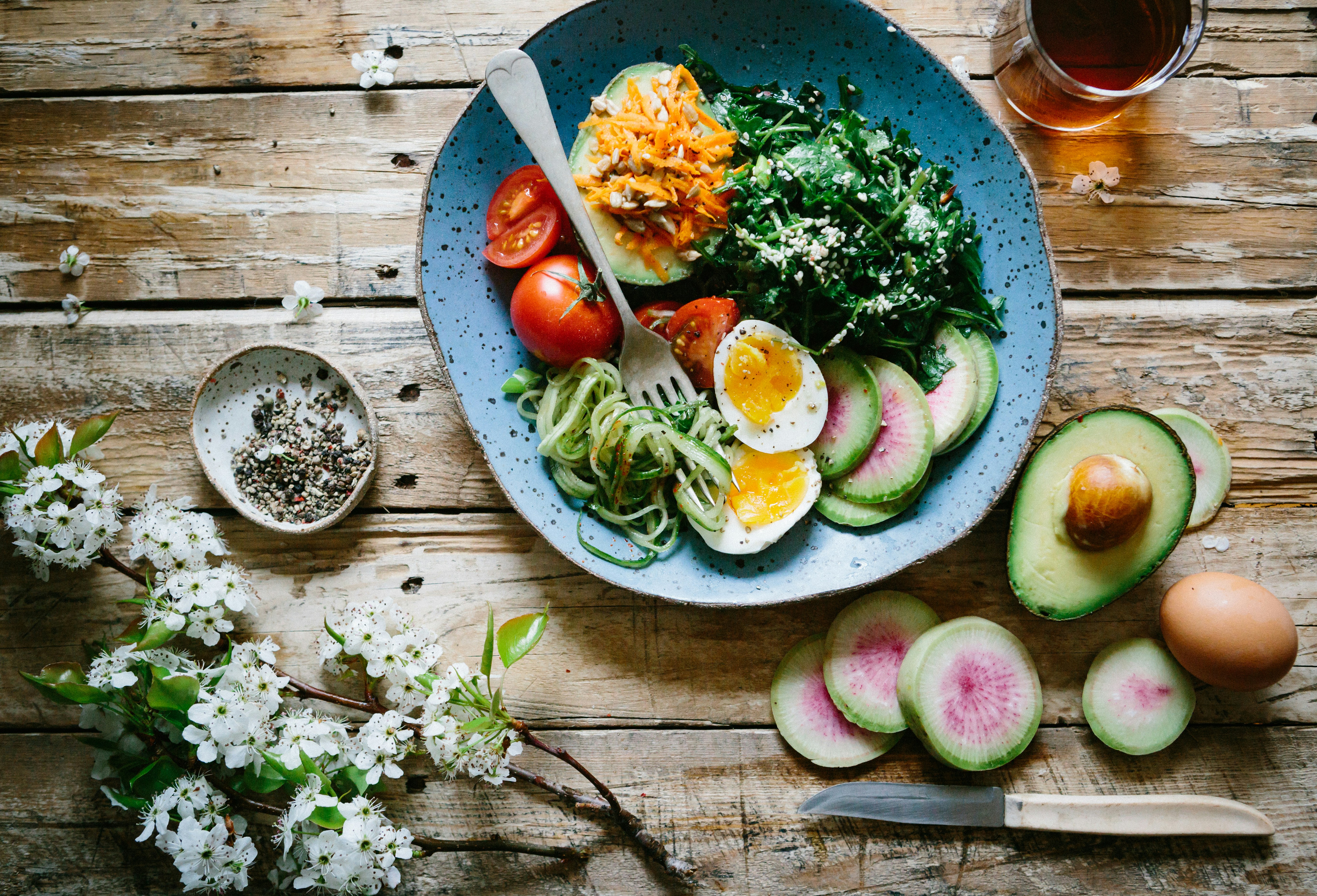
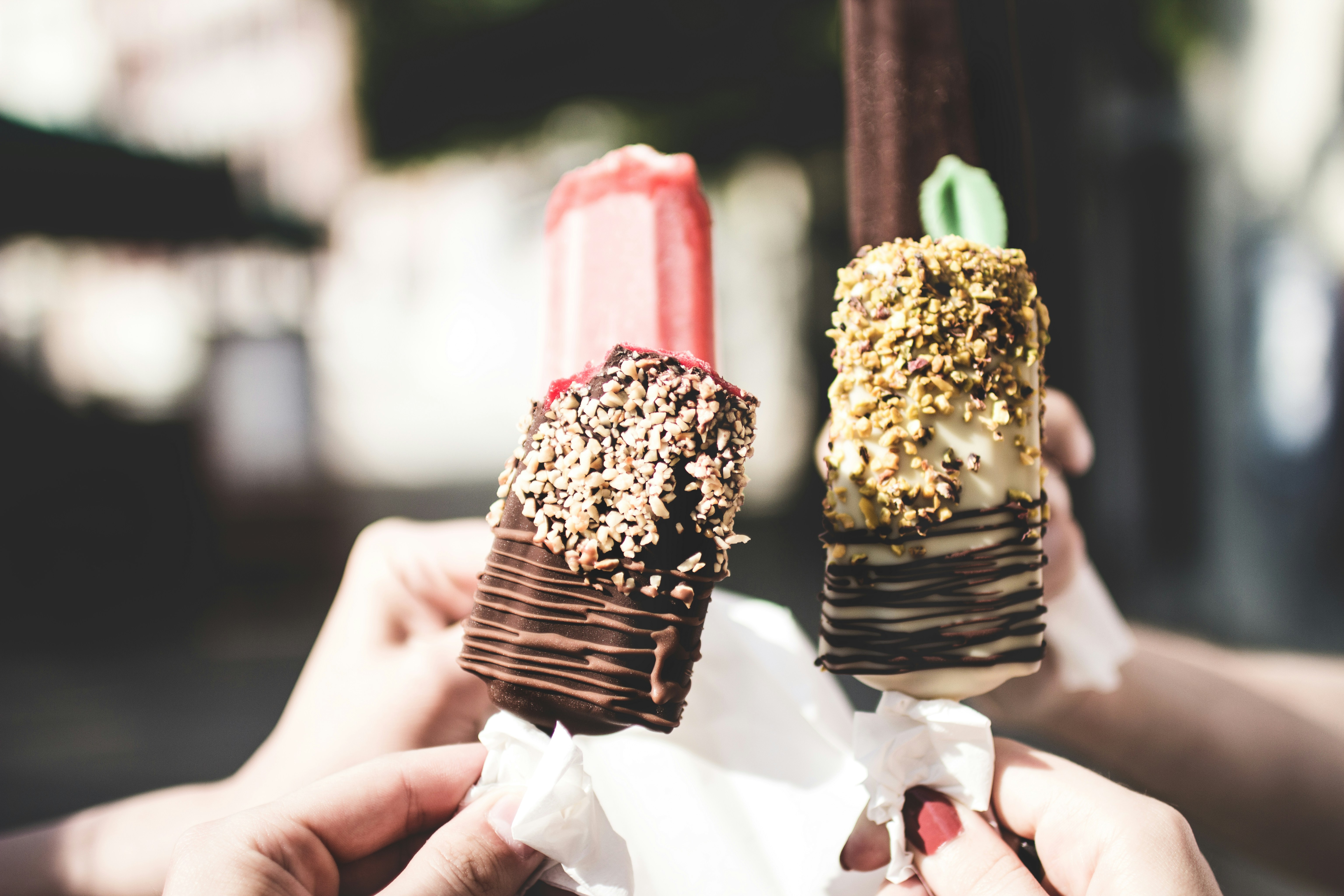
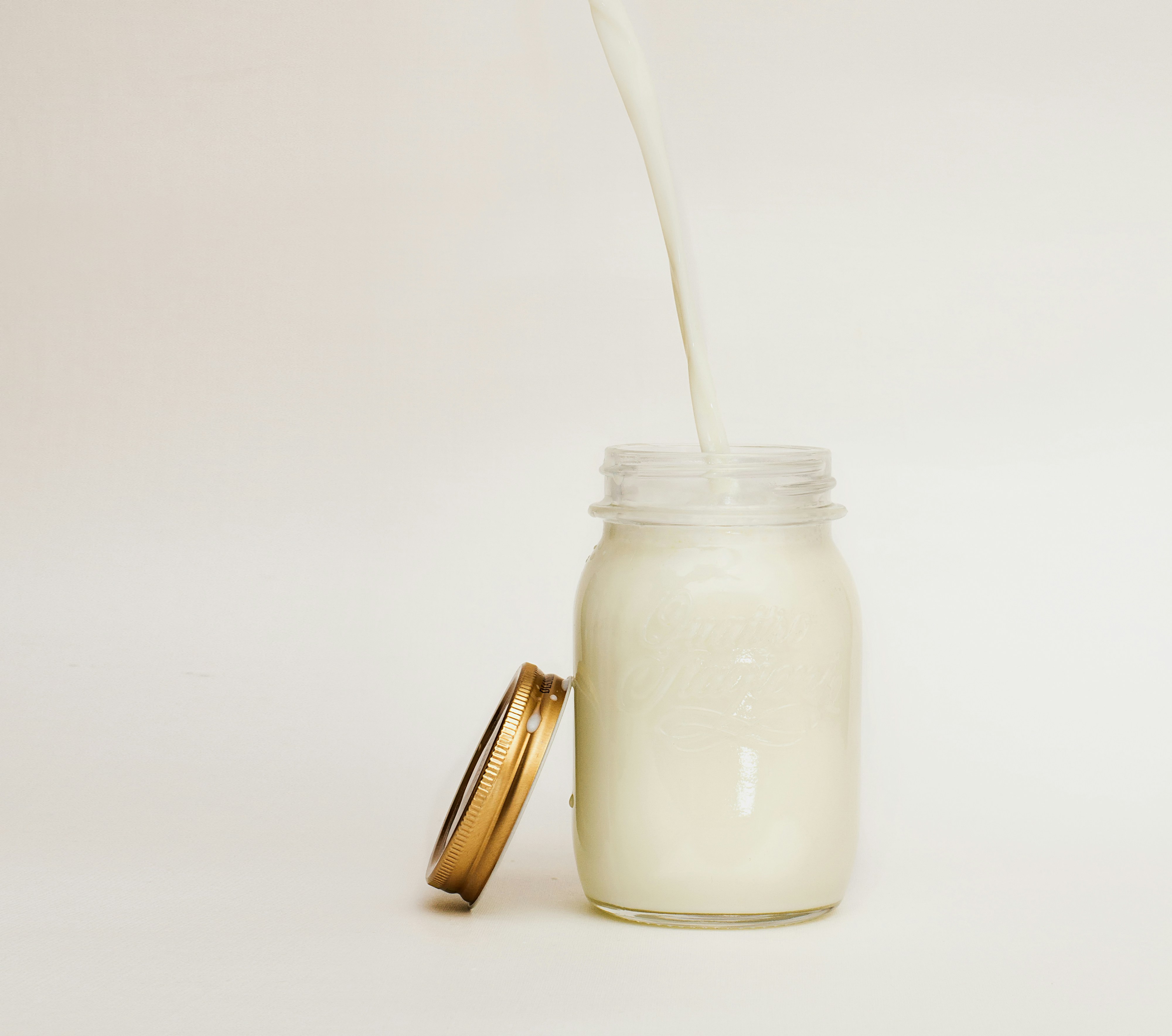
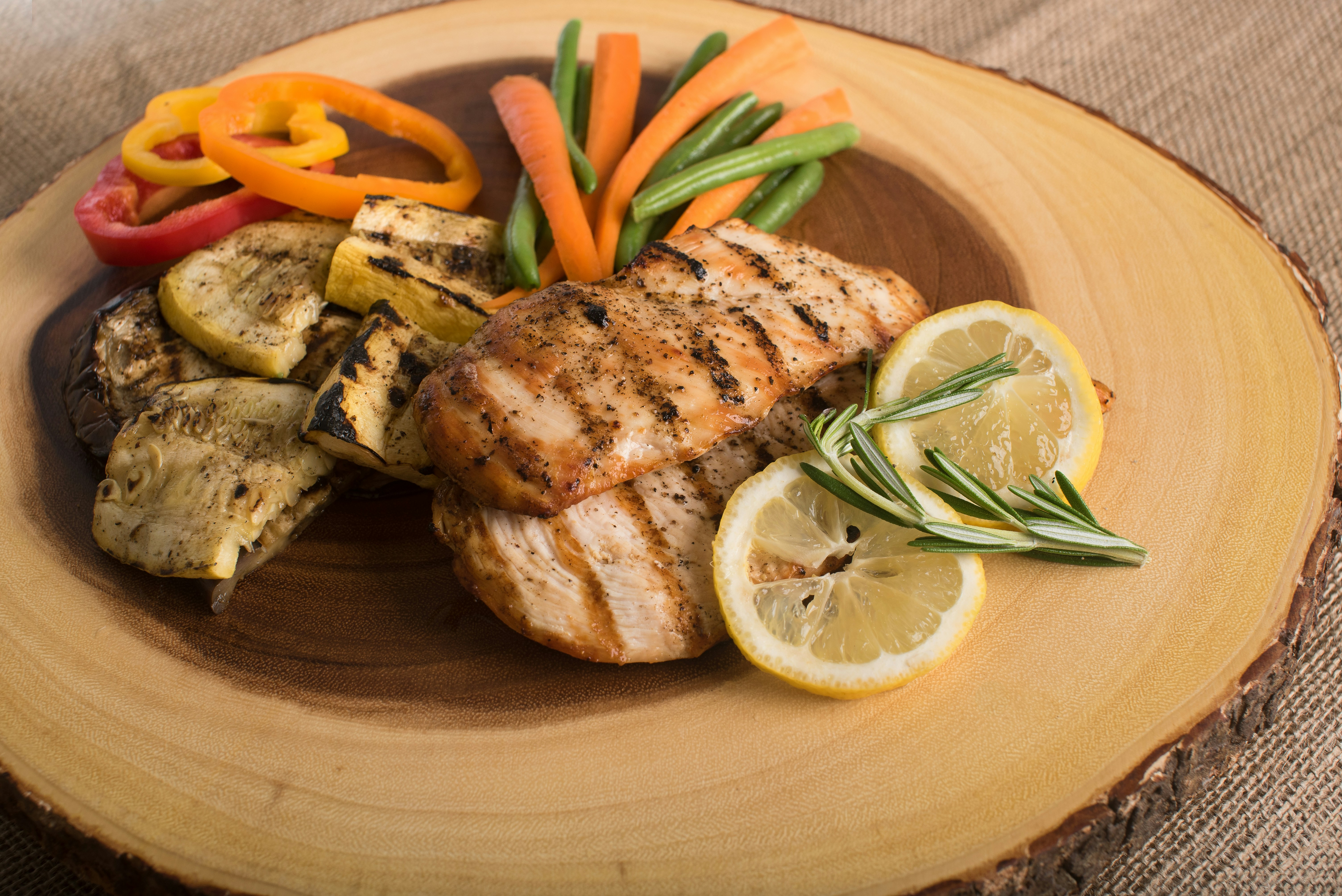
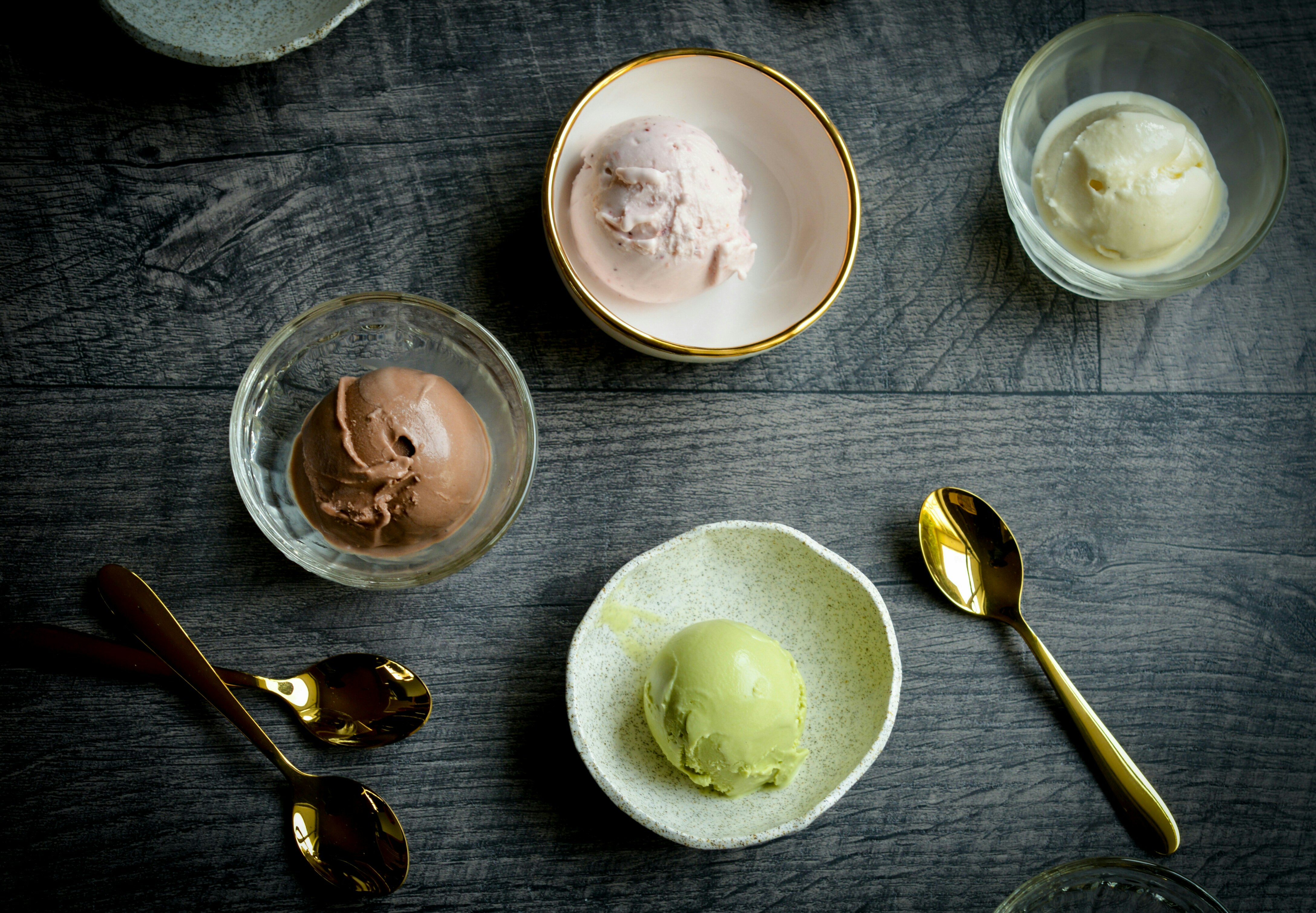
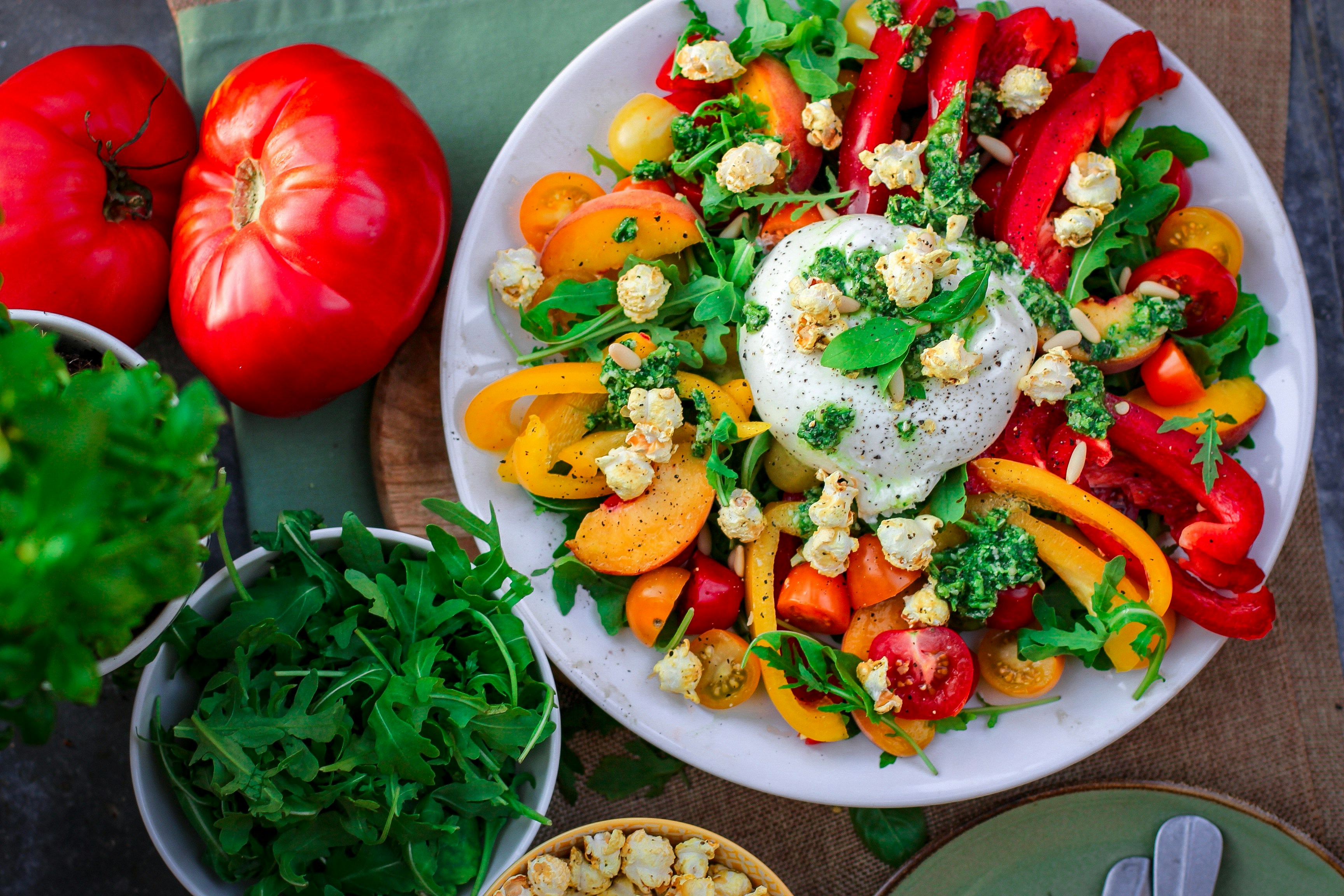

Comments
Post a Comment